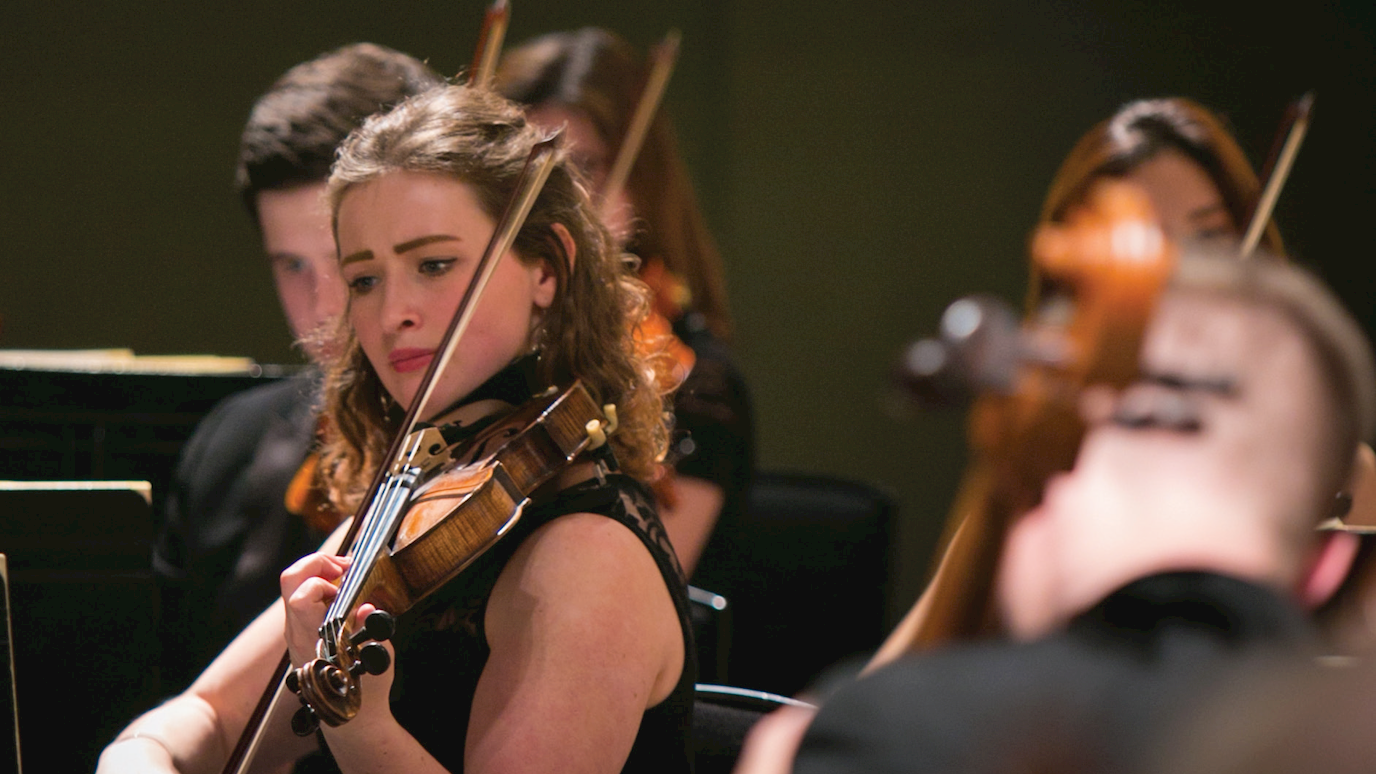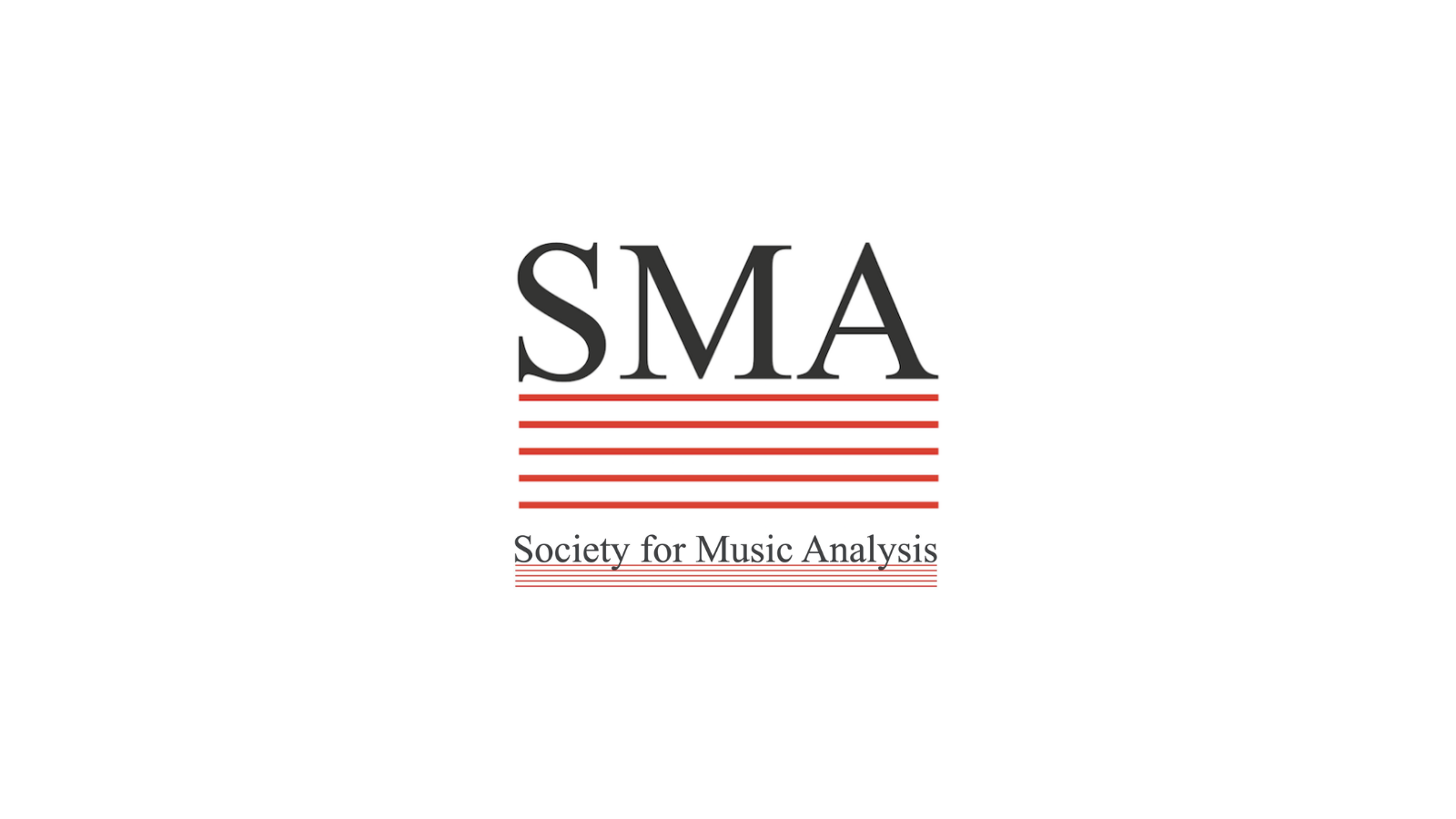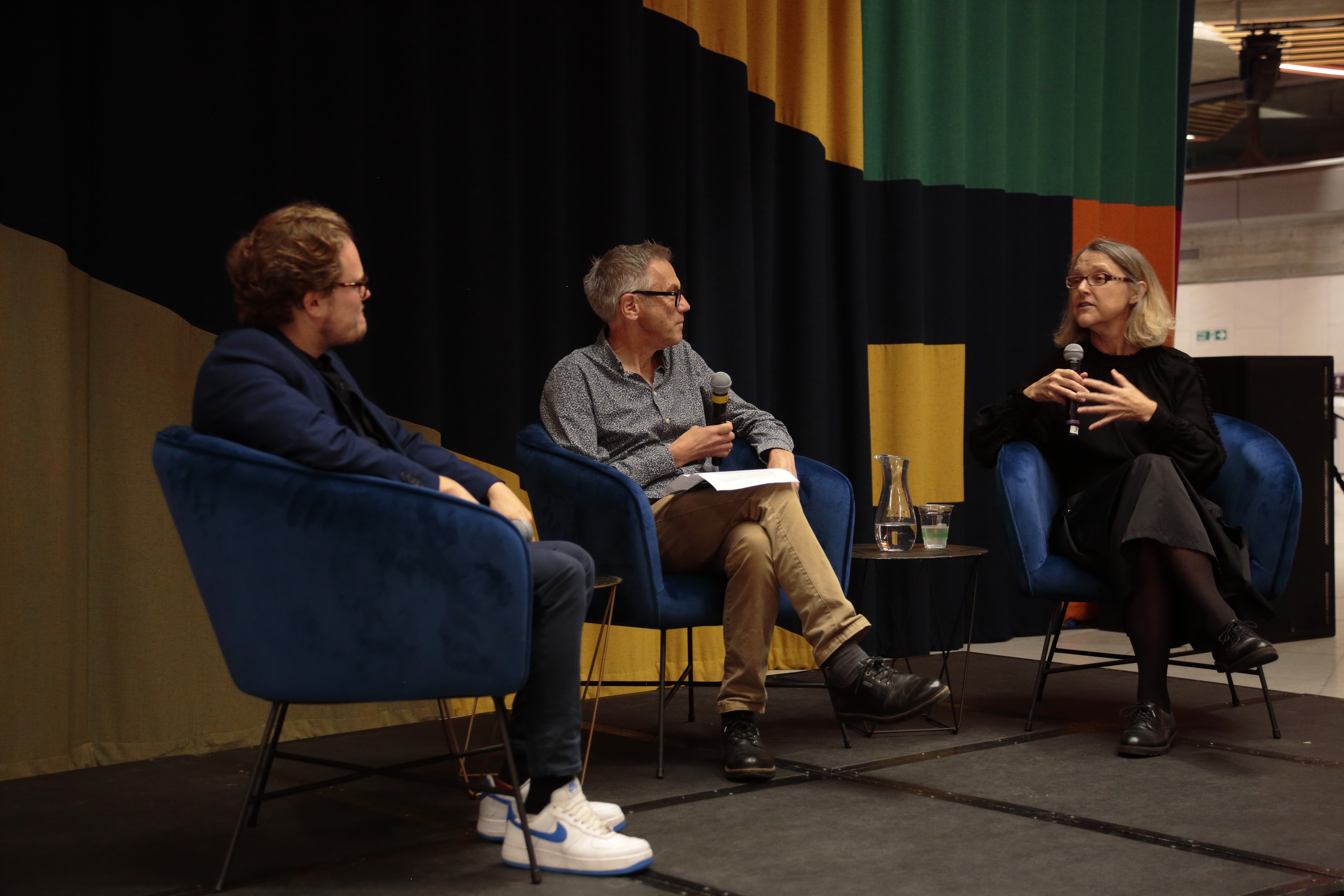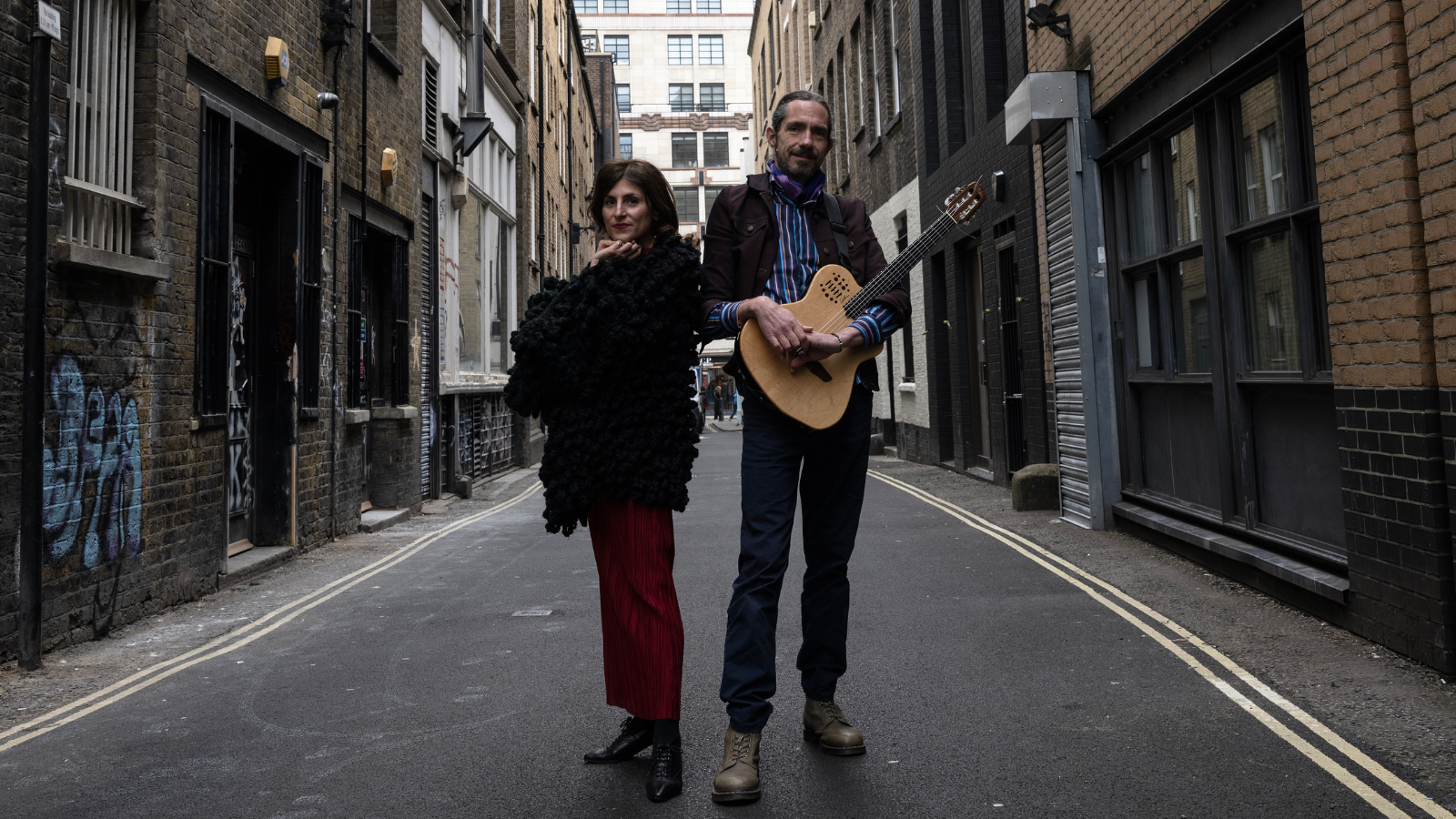The Dame Felicity Lott Scholarship is open to all final year undergraduate vocal students who intend to progress to a professional career as a performer of music, though it is not restricted to students from the Department of Music.
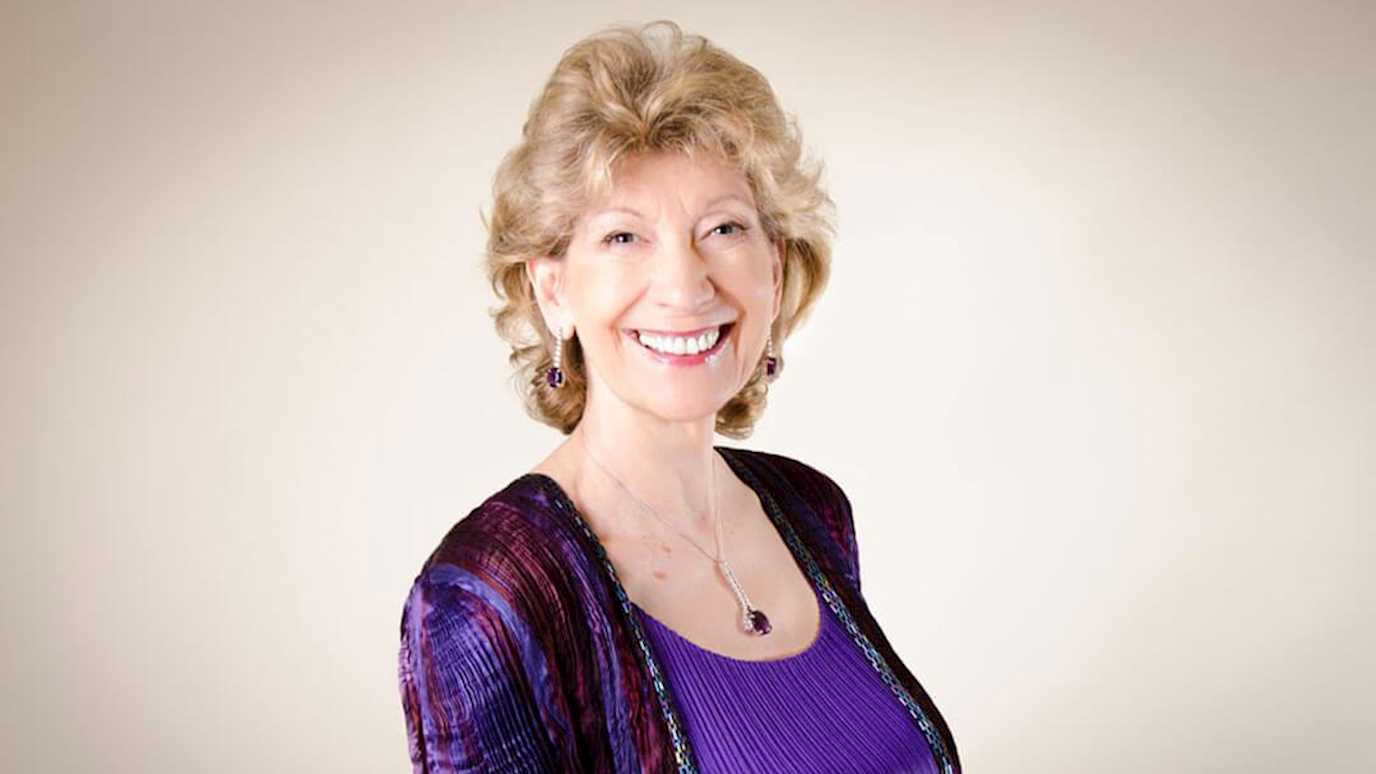
Extended Deadline: Applications close 21 June 2024
The bursary can be used to help with the costs of professional training. This opportunity is open to vocal students only.
How to apply
For the Dame Felicity Lott Scholarship you need to provide an example of one of your performances through a maximum of three items. Our preference is that you provide a link to an online example, but you are also able to submit an audio or video of one of your performances separately. If you choose to upload a file separately, this needs to be in one of the following file types: mp3; wav; aac; aiff; wma; flv; mov; avi; mp4; wmv; mpeg; mpg; 3gp; divx; webm; ogg; ogv. Please upload a maximum of three items, not exceeding 15 minutes in total.
For the Dame Felicity Lott Scholarship you may wish to include the following in your 500-word supporting statement:
- A brief Some background information about your current studies;
- Your achievement to date in your chosen field;
- A brief description of the proposed training you will undertake, including your
objectives, intended outcome, duration and how it will help you in your career; - Why you feel you are qualified to undertake the course;
- Your motivation for seeking the additional training.
Full information about the scholarship and details on applying can be found here: Career Development Awards and University Prizes - Royal Holloway Student Intranet
Who is Dame Felicity Lott?
Dame Felicity Lott is one of Britain's best-loved sopranos. Universally known as ‘Flott’, she was born in Cheltenham and read French and Latin at Royal Holloway College, London University, with the intention of becoming an interpreter. During a stay in France, she took singing lessons at the Conservatoire of Grenoble and returned to London in 1969 to study singing at the Royal Academy of Music, gaining an LRAM and winning the Principal’s Prize.
Felicity made her debut at the English National Opera as Pamina in Mozart’s Magic Flute in 1975 and performed the debut of Henze’s opera We Come To The River at the Royal Opera House in 1976. In that year also began her long relationship with Glyndebourne: after rejecting her for the Chorus three times, they offered her the role of the Countess in Capriccio on the tour, and in 1977 she appeared at the festival for the first time, as Anne Trulove in Stravinsky’s The Rake’s Progress. Her many roles include the Marschallin (Rosenkavalier), Countess Madeleine (Capriccio), Arabella (Strauss), Christine (Intermezzo), Countess Almaviva (Le Nozze Di Figaro), Fiordiligi (Cosi Fan Tutte), Donna Elvira (Don Giovanni), Ellen Orford (Peter Grimes), The Governess (The Turn Of The Screw), Lady Billows (Albert Herring), Louise (Charpentier), Blanche (Les Dialogues des Carmelites) and Elle (La Voix Humaine).
In 1993 Felicity sang the title role in Lehar’s Merry Widow with Glyndebourne Festival Opera on a recording for EMI, having sung the role on stage in Nancy and Paris in the 1980s. In 1999 she appeared as Rosalinde in Johann Strauss’s Die Fledermaus in Chicago and as Hélène in Offenbach’s La Belle Hélène at the Chatelet in Paris. In the 2004/5 season she appeared as Offenbach’s La Grande Duchesse de Gerolstein.
As a concert artist Felicity has worked under such conductors as Carlos Kleiber, Georg Solti, Bernard Haitink, James Levine, Andre Previn, Neeme Järvi, Klaus Tennstedt, Andrew Davis, Kurt Masur, Franz Welser-Möst and many more. Her repertoire includes works by Handel, Bach, Haydn, Mahler, Brahms, Elgar and Walton.
Felicity holds founder membership of the Songmakers’ Almanac. This group of singers was founded in 1976 by the pianist Graham Johnson, her accompanist since student days. Their intention was, among other things, to discover and perform less well-known songs and ensembles.
She has received honorary doctorates at the Universities of Sussex, Loughborough, London, Leicester, Oxford and at the Royal Conservatoire of Scotland. She was awarded the titles Officier dans l’Ordre des Arts et des Lettres by the French government in 1990 and Chevalier dans la Legion d’Honneur in 2001. In 1990 she was made a CBE and in 1996 she became a Dame Commander of the British Empire, while in 2003 she was awarded the title of Bayerische Kammersängerin.











